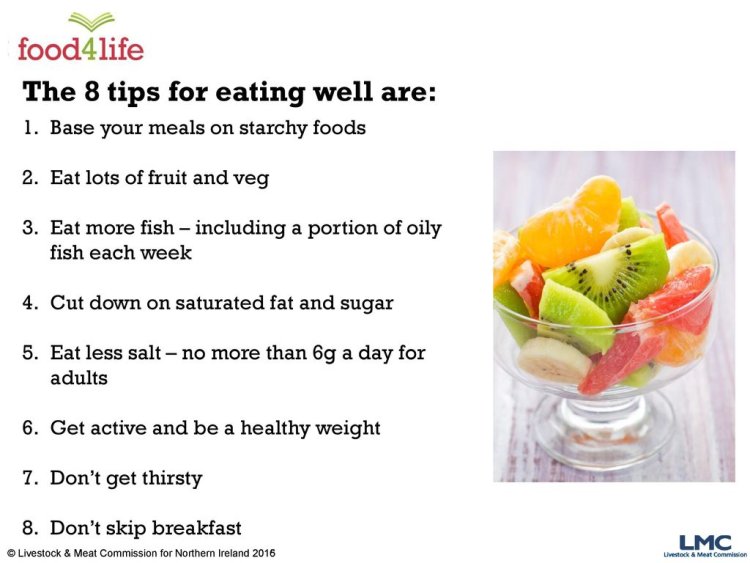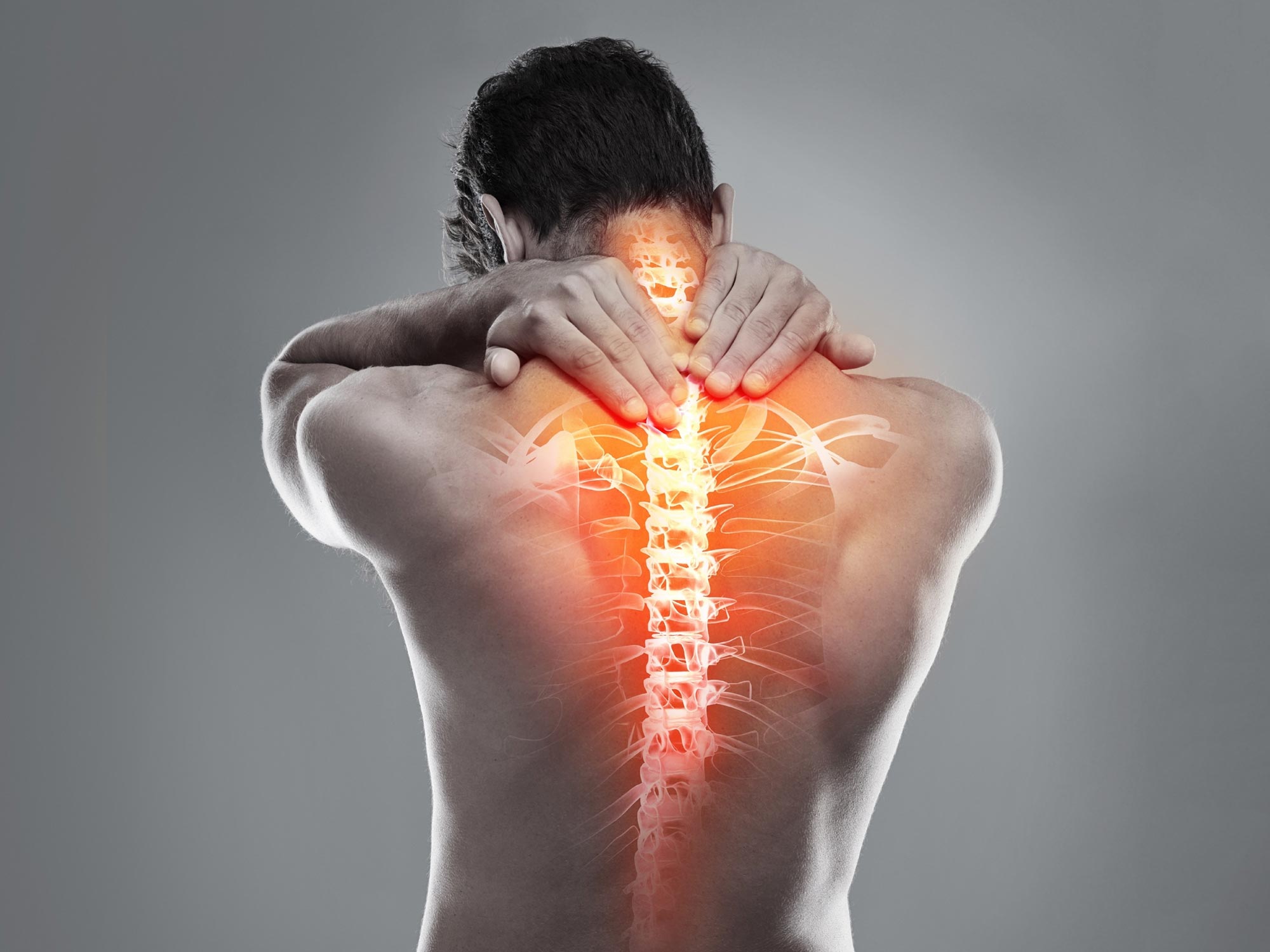Healthy Eating/ 8 Tips To Eat Healthy
Healthy Eating,Eat Healthy,Rich in fiber, Vitamins,minerals,Fruits and vegetables,Starchy foods,

8 Tips for a Healthy Eating / Healthy Eating.....
1- Eat starchy foods (bread, potatoes, pasta, rice, noodles).
If possible, choose whole grains and peeled potatoes that are rich in fiber, vitamins, and minerals.
Remember that starchy foods have less than half the calories per gram of fat.
2 - Eat a lot of fruits and vegetables.
Choose a variety of fruits and vegetables because they have different combinations of vitamins and minerals.
This includes fresh canned juices, frozen juices and 100% fruit juices!
Grind vegetables such as carrots and zucchini in voronese, or stir in a lot of vegetables in homemade tomato sauce.
3-Eat more fish: Eat at least two servings per week, one of which should be fat.
Remember, a serving of fish weighs about 140 grams.
Oily fish is one of the few natural food sources of vitamin D, which is important for bone health. Fatty fish include salmon, fresh tuna, sardines, mackerel and trout.
You can choose from sashimi, frozen fish, smoked fish, or canned fish, and smoked fish contains salt, but canned fish does contain salt, so check the label and look for low-fat products.
4- Reduce saturated fat and sugar.
Although your diet requires fat (to provide essential fatty acids and aid in the absorption of fat-soluble vitamins A, D, E, and K), fat provides 9 calories per gram, so too much fat can make you obese. More than twice that of carbohydrates and proteins.
Replace saturated fats in butter, lard, baking, cream, pastries, and cheese (which can raise blood cholesterol) with unsaturated fats in vegetable oils, nuts, seeds, fatty fish and cheese.
Limit your sugar intake, especially between meals, as eating too much can increase your risk of tooth decay and increase calories. If you want sugar, eat fruit instead and eat five meals a day.
5- Reduce salt intake, adults should not consume more than 6 g per day, and children should consume less.
High salt intake increases the risk of developing high blood pressure and increases the risk of stroke and heart disease.
Most of the salt we eat comes from processed foods and no salt is added during cooking or at the table, so always check the salt content on the food label!
In food comparison, a high salt content means more than 1.5 grams of salt (or 0.6 grams of sodium) per 100 grams. Low: No more than 0.3 g salt (or 0.1 g sodium) per 100 g.
Season the food with other herbs, spices, lemon juice (lemon and lime), mustard, or vinegar to reduce the salt used in the recipe.
6 - Be active and healthy!
The government recommends 150 minutes of moderate intensity or 75 minutes of vigorous exercise plus at least two days of strength training for adults aged 19 to 64 years.
What is important? Moderately strenuous activities include biking and brisk walking. High-intensity or high-intensity activities include swimming and running. Strengthening activities include weightlifting, strength training, and carrying heavy boxes and food.
Did you know...?? More than 60% of adults in the UK are overweight or obese, increasing the risk of type 2 diabetes, heart disease and certain cancers. Exercise reduces your risk of type 2 diabetes, heart disease and stroke and helps you maintain a healthy weight.
7 - Don't be thirsty.
Aim to drink 8 to 10 glasses of water per day. Water is the best choice because it rehydrates your daily intake without adding calories.
Most drinks, such as water, tea, coffee, soda, milk, juices, and smoothies, are important, but avoid adding sugar to your drinks as they can increase your risk of tooth decay.
Alcohol is not a problem because it causes frequent urination and promotes dehydration rather than water.
8 - Do not skip breakfast.
A healthy breakfast provides fiber, calories, vitamins and minerals that are important to good health. Choose whole grain, oatmeal, or whole grain toast and fruit to start the day right.










